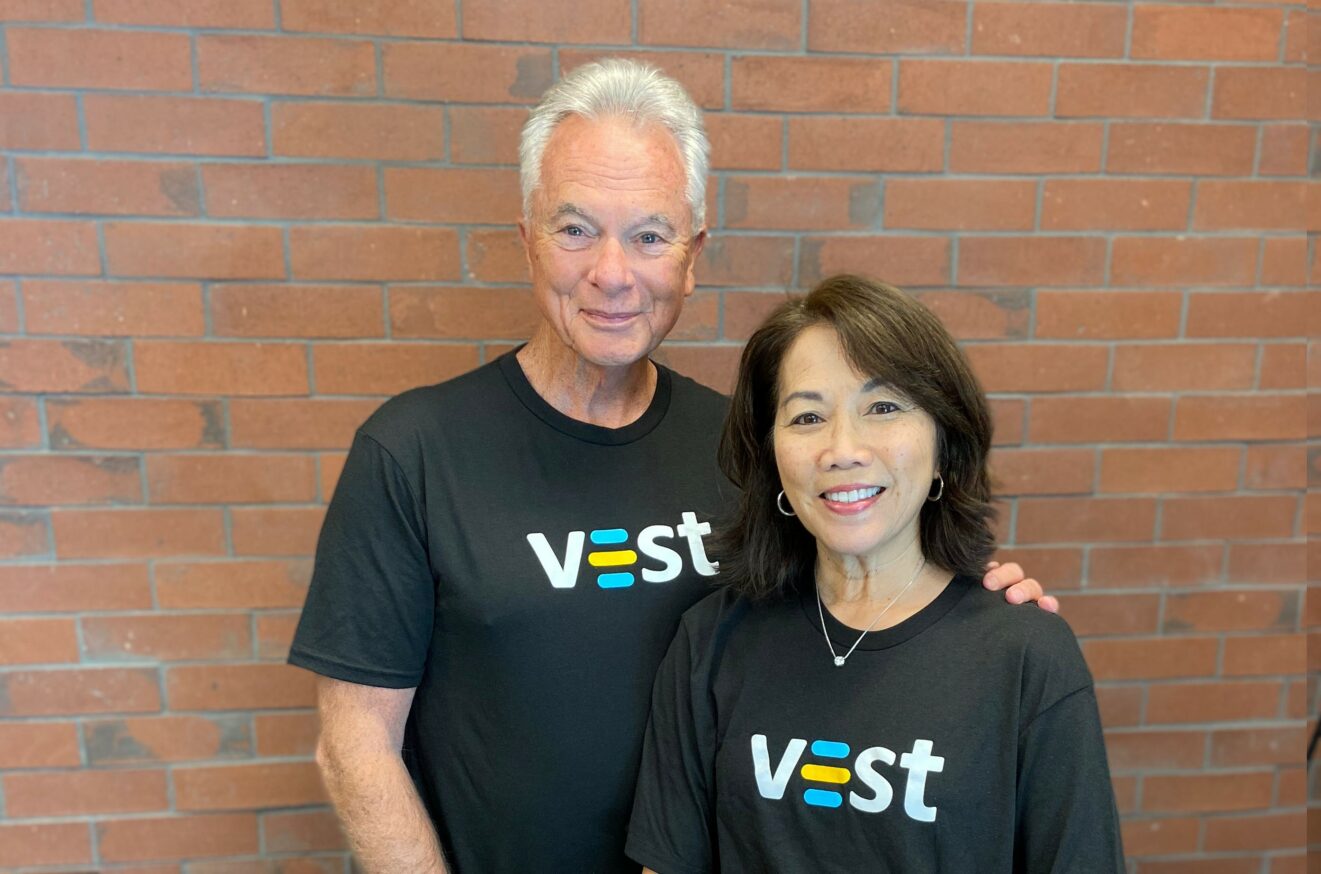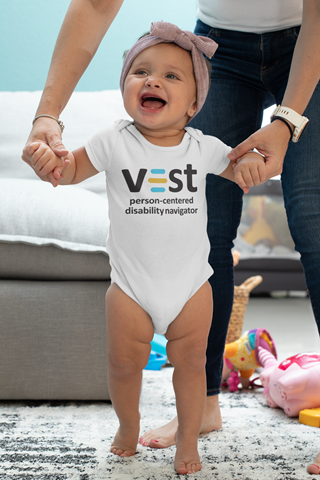This article is a follow-up to “VestLife: An Organization Solution for Families,” published last May. The text below is adapted from comments contributed by Michael Pearce, VestLife Founder and CEO.

The Vest system was created to help parents “save time, reduce stress, and worry less” when there’s disability in the family. By keeping all medical and disability information in a single digital organizer, users have quick access to as much or little of that information as needs to be referenced. This is especially useful in a medical emergency, or when introducing a child to a new teacher or caregiver.
For some time now, we’ve been developing a couple of spinoff products—ElderVest and FamilyVest—to provide the same type of personalized support system for families with aging parents, or other loved ones with special health needs. We’re now looking at the first quarter of 2024 as a potential launch date for these products. I wish it could have been earlier, but my tech team wants to make sure everything is working perfectly. It’s important to keep the dignity and autonomy of a disabled or aging family member at the forefront, while also ensuring full safety, security, and privacy for users’ sensitive information. We are currently conducting rigorous in-house testing to identify any remaining bugs or vulnerabilities.
We are also working to integrate recent developments in artificial intelligence (AI) and maximize its potential for more customized and proactive support. Our grand vision for Vest now includes changing the current “medical model” mindset for IDD care to a mindset of person-centered support, and sparking paradigm shifts in disability policy, systems architecture, and data management design. Effective use of AI is an important part of that vision, and I’ve written about that and about the future of IDD support:
I don’t believe AI is to be feared: it holds vast potential for enriching the lives of parents, children, and anyone with IDD. This is an exhilarating time to be living in, with all the technological ability to now solve previously unsolvable problems.

As we work to refine new Vest products and keep existing ones up to date, we welcome ongoing dialogue with everyone who shares our commitment to human-centered technological solutions. A key component of our vision will be gaining conceptual buy-in and support from nonprofits such as Easter Seals Greater Houston.
Curious to know more about artificial intelligence’s potential for improving quality of life for persons with IDD? Keep an eye on the BridgingApps blog: we’ve got additional AI articles on the September calendar!

